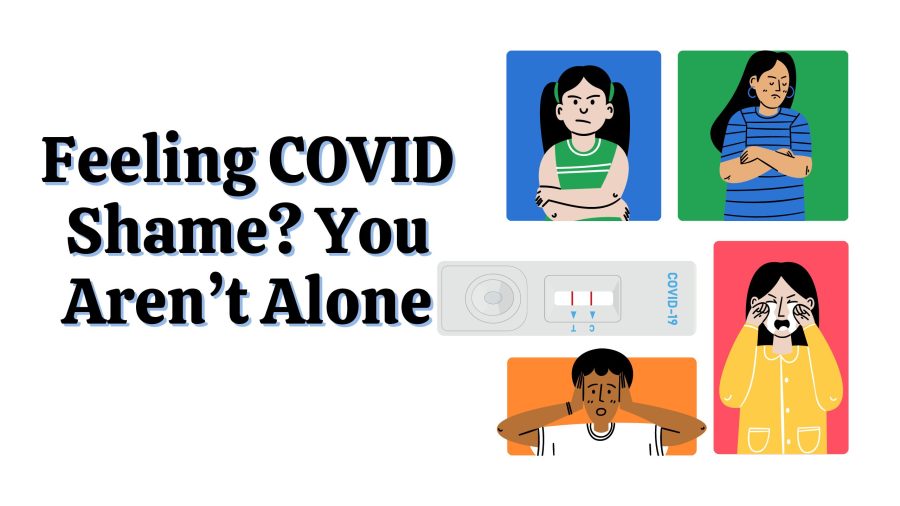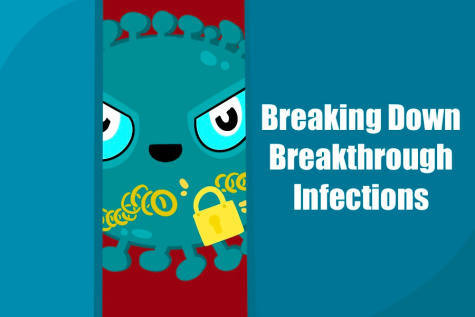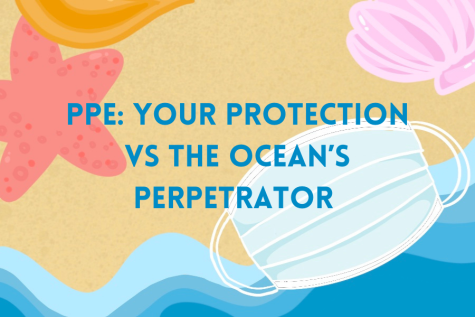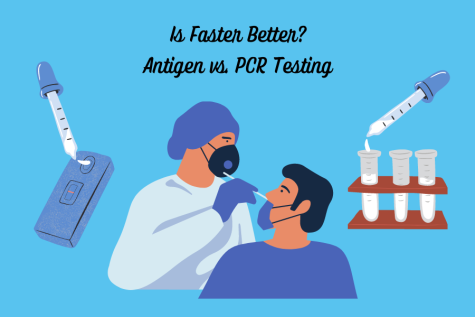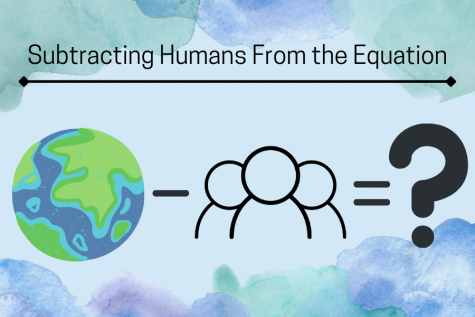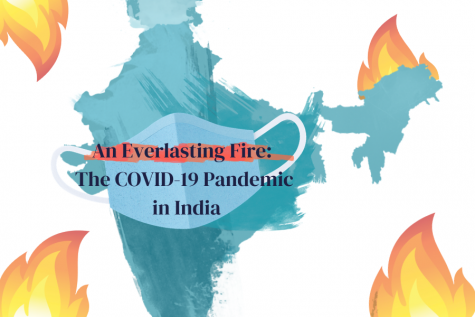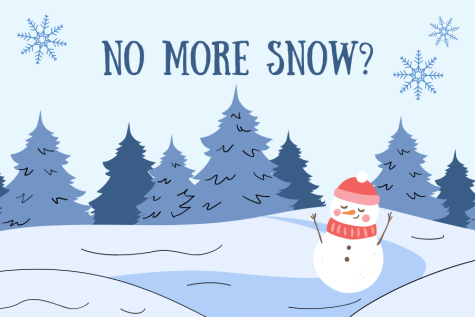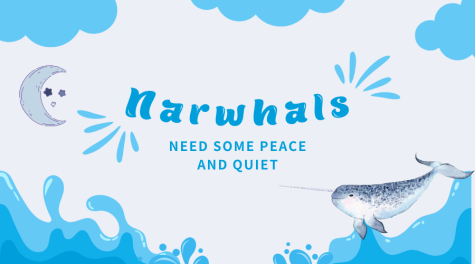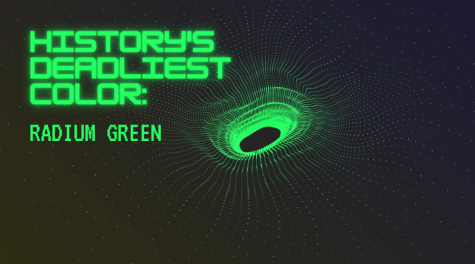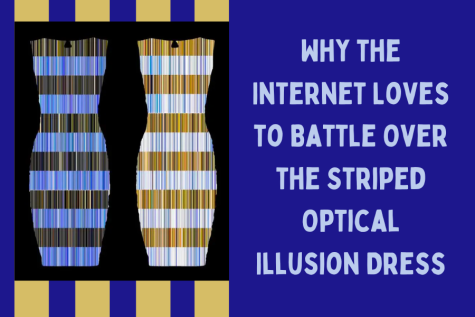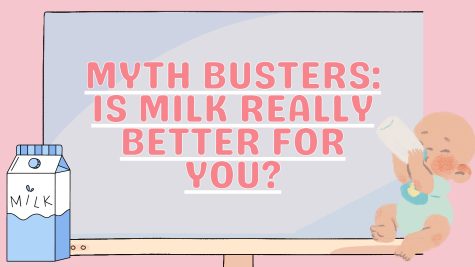Feeling COVID Shame? You Aren’t Alone
Almost three years into the pandemic, most of us have either tested positive for COVID-19 or know of someone who has. Not only has this pandemic become a recurring issue in our daily lives, but it has also created psychological ramifications that are important to address. According to Mayo Clinic, COVID could cause stress, anxiety, fear, and depression, or could exacerbate already existing mental health disorders. To add to all of these problems surrounding our mental health, many people who have tested positive have experienced feelings of guilt, shame, and perseverative cognition—questioning what they could’ve done differently and backtracking their actions. Therefore, it is imperative for many to understand that these cognitive biases are dangerous and unhelpful, and can lead our minds to develop different emotional responses.
If you do feel these emotions, it is important to know you are not alone. In fact, a late 2020 study that surveyed around 1,500 Americans found that 25% of them said they would feel ashamed if they had caught the virus. I have conducted written interviews to explore these emotions, explain why we feel them, and find out how we can cope with them. The people I interviewed were:
Janna Han, 14, student
Emma Lee, 15, student
Ian Sun, 18, student
Smahi Vijay, student
Sophie Dugan, 15, student
When asked if “they felt guilty and/or shame when they contacted COVID,” most of the interviewees responded with yes. Yet when asked why, each of the interviewees had different reasons. For instance, Janna Han explained that she “felt guilty because there was a stigma to getting sick,” which is a common answer for many. In fact, many mental health researchers have found that people are less prone to report and notify others about their COVID diagnosis compared to other viruses like the flu. This includes healthcare workers, those who travel, those who have become in contact with someone with the virus, and more. It is imperative that many understand that this stigma creates psychological burdens, anxiety, isolation, and guilt for those infected.
Another reason some felt guilty is that they were worried about spreading the virus to others. It is not rare to feel that unpleasant stressed thought, asking yourself if you had given others the virus, especially to the elderly or those who are immunosuppressed. Ian Sun described this feeling of concern, saying “I worried that me walking around a fully packed (albeit masked) school in 2022 meant that I spread the virus to dozens of people. What really worried me is that I passed the virus onto some of my friends, something I cannot tolerate in my mind.” In addition, Emma Lee shared how she was worried she had disrupted the lives of others. “After I tested positive, I was afraid I had infected some of my friends who were sure to have plans that would have been canceled if they did contract COVID from me.”
With many feeling guilty, it has become common for people to think about what they did wrong and think back on their actions, especially if they took precautions. For instance, Janna Han thought about “at what exact point [she] contracted the virus and tried to trace it back to see what [she] could have done differently.” These thoughts are known as hindsight bias, rumination, or perseverative cognition. Many tend to look back at events thinking about what could have happened and imagining ways that an event could have turned out differently. These all-consuming thoughts are a type of counterfactual thinking and can have a negative impact on psychological and physiological health. Yet despite its negative effects, this type of thinking is frequent in almost everyone’s lives, with most interviewers admitting that they had “questioned or backtracked their previous actions.”
Furthermore, some showed signs of self-blame, which is one of the most unhealthy coping mechanisms and can dramatically increase our stress levels. For instance, Smahi Vijay shared that “I constantly questioned myself and in a sense, blamed myself for not taking enough care of my mental/physical well-being.” Even though some might not have done anything wrong, self-blame is used as a survival response that usually originates from our traumatic experiences. The limbic system, the part of the brain that is involved with our behavioral and emotional responses, leads us to assess the threats around us, even the most insignificant ones. As a result, the ego—the rational part of our brain—makes us think there is actually something wrong while it fights with the limbic system, which is trying to defend against hazards. This creates a positive feedback loop that causes us to own the negative feelings of guilt.
There are many mechanisms that can manage these feelings and alleviate the stress that COVID brings. These negative feelings work against your recovery, so during quarantine, you should spend time unwinding and focusing on your priorities. For Ian Sun, after he quarantined, he “felt these feelings naturally go away; since [he] was at home, [he] could not infect anyone else.” Also, it is crucial to learn to forgive yourself and spend time doing activities that you enjoy. Smahi Vijay shared that “at first I really was quite perplexed and didn’t know how to proceed with the weakness and exhaustion I felt.” Eventually, she stated, “I was able to calm myself down and find positivity within small things like being able to spend time with my family and staying at home. I used my time to catch up on sleep, play family games, listen to music, and read my favorite books!”
The most important thing to remember when coping with the psychological effects of COVID-19 is that many have experienced similar feelings and have shared suggestions and reminders on how to cope. Sophie Dugan explains that “If you do have COVID or get it, it’s not the end of the world. Eventually, your body readjusts yourself and in the grand scheme of things you won’t miss out on much.” Smahi Vijay recommended, “don’t stress out too much, and there is no reason for you to feel guilty; COVID is a really serious virus and a lot of people went through similar experiences. Focus on you and your mental health. It’s honestly not your fault that you got COVID, it happens to the best of us.” No matter what happens, know that you are valid and do not need to be put in another state of stress.
Works Cited
Staff, M. C. (2022, December 13). COVID-19 and your mental health. Mayo Clinic . Retrieved January 19, 2023, from https://www.mayoclinic.org/diseases-conditions/coronavirus/in-depth/mental-health-covid-19/art-20482731
Ducharme , jaime. (2022, February 22). It’s Time to Get Over ‘COVID Shame’. Time . Retrieved January 19, 2023, from https://time.com/6150012/covid-19-shame-guilt/?utm_source=newsletter&utm_medium=email&utm_campaign=rutgerstoday&utm_content=Health%20Care
Nelson, K. (2022, February 9). How to manage guilt and shame when you’ve spread COVID to someone else. The Sj Psychology Centre. Retrieved January 19, 2023, from https://www.sjpsychology.ca/how-to-manage-guilt-and-shame-when-you-ve-spread-covid-to-someone-else
Howes , E. (2019, October 2). Why we turn to self-blame and how to release ourselves from it. torch io . Retrieved January 19, 2023, from https://torch.io/blog/release-from-self-blame/

